The operational and editorial independence of SMC Spain is guaranteed by compliance with its statute and thanks to its advisory committee. This committee is made up of a voluntary team of independent experts from the fields of science, engineering, medicine, journalism, and communication, who provide expertise and advice to the SMC Spain team.
Functions
- Advising the SMC Spain team on issues that are controversial or when how to approach the issue is unclear.
- Holding regular meetings to learn about the development of the project and to contribute their points of view.
- Learning first-hand about new developments and the next phases of the SMC Spain.
- Proposing experts who can serve as sources for the contents if necessary.
- Contributing to strengthening the relationship between research staff and the media.
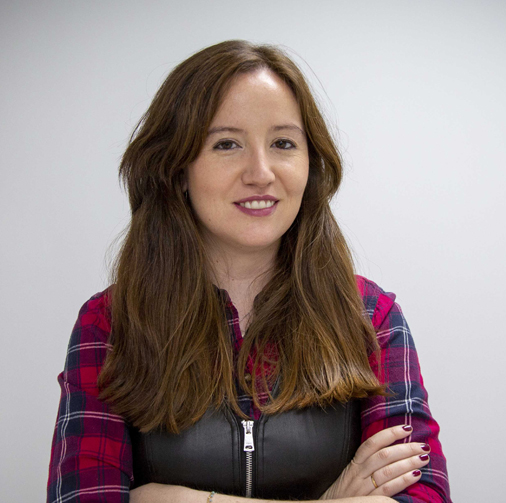
Journalist, coordinator of Editorial Projects and Institutional Representation of Maldita.es. Founder and coordinator until 2021 of Maldita Ciencia, the science and health section of the verification media Maldita.es.
For this work during the pandemic, she has won the Prismas Casas de las Ciencias award for Dissemination, from the Museos Científicos Coruñeses, and the Concha García Campoy Award for Science Journalism, from the TV Academy, among others.
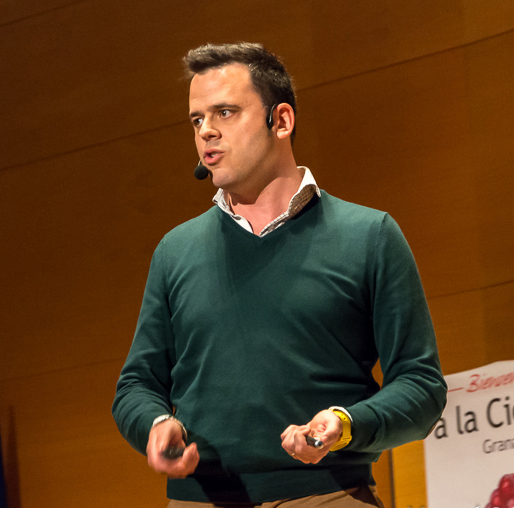
With a degree in Journalism from the Carlos III University of Madrid, he is the Director of Communication at the University of Granada. Previously, he was responsible for the area of Scientific Dissemination in the Communication Office of the University of Granada.
He has worked in media such as Correo Farmacéutico and the newspaper Ideal de Granada. He is a member of the Asociación de Profesionales de Gabinetes de Comunicación de Universidades y Centros de Investigación (Association of Professionals from Communications Cabinets of Universities and Research Centres, AUGAC from its Spanish initials) and of the Asociación Española de Comunicación Científica (Spanish Association of Scientific Communication, AEC2).
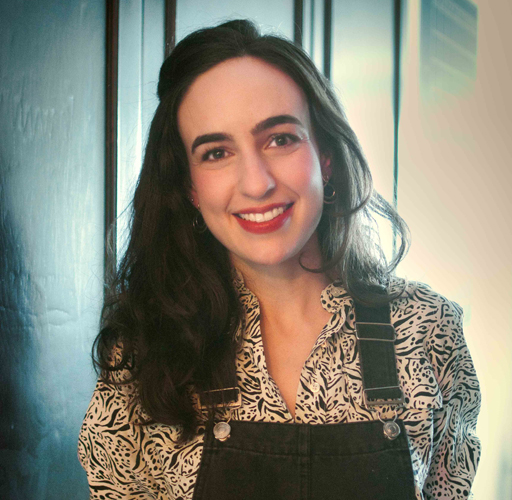
Science journalist. Until 2019 she was part of the Winton Centre for Risk and Evidence Communication at the University of Cambridge, UK. She provides training to improve risk communication in the health and journalism sector. She currently is the Research and Editorial Officer of the initiative Risk know-how at Sense about Science, a UK charity dedicated to promoting respect for scientific evidence and good science.
For ten years she has worked as a science journalist in radio, television and print media. She is a veterinary zootechnician and holds a Master’s degree in Science from UNAM, with a second Master’s degree in science communication from the University of Sheffield, UK.
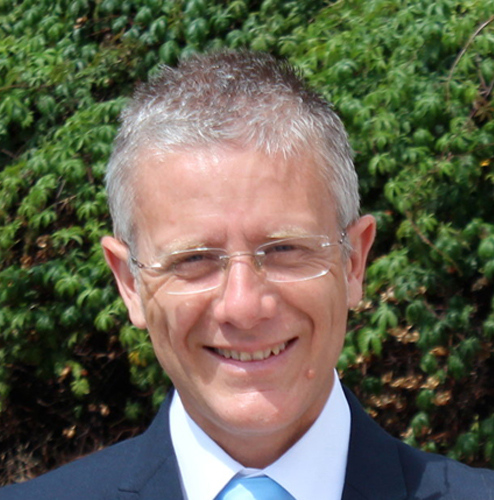
He holds a PhD in Astrophysics from the University of Padova and has spent his entire scientific career in the Canary Islands. He is currently a senior researcher at the Institute of Astrophysics of the Canary Islands and, since 2016, the director of the Gran Telescopio Canarias, the largest optical telescope currently in operation.
His research focuses on the final phases of the life of stars and their importance for the chemical enrichment of the universe, on which subjects he has published 400 scientific articles.
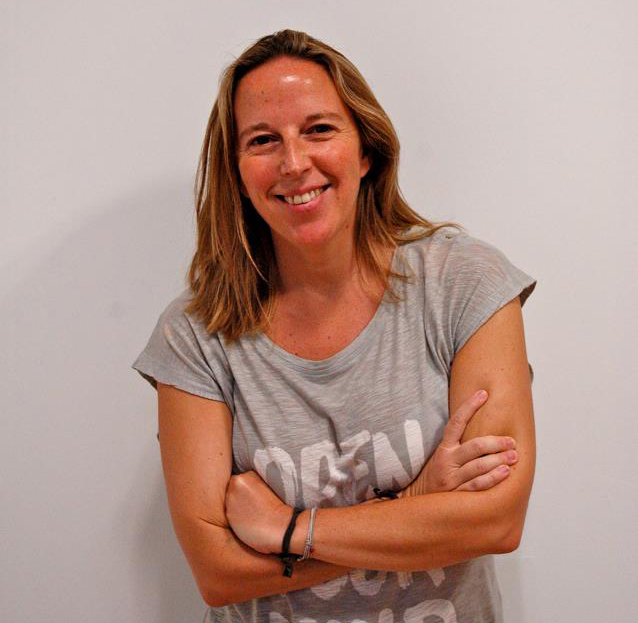
In 2012 she founded the news website MATERIA and, in September 2014, MATERIA became a partner of EL PAÍS, and Patricia was appointed editor-in-chief of the newspaper's Science and Technology section. In June 2021, Materia won the first edition of the CSIC-BBVA Foundation Award for Science Communication, for representing “a differential commitment to science communication from Spain that is comparable to the science sections of the major international media”.
In 2019 she received the Concha García Campoy Journalism Award from the TV Academy for her “brilliant career as a Science and Technology journalist”. In 2021 she received the Prisma 2021 Casa de las Ciencias Award in the category of Best Journalistic Article for ‘El año de la ciencia’ (El País Semanal), for the "solid analysis, thanks to its protagonists, of the complex relationship between science and society in an exceptional year".
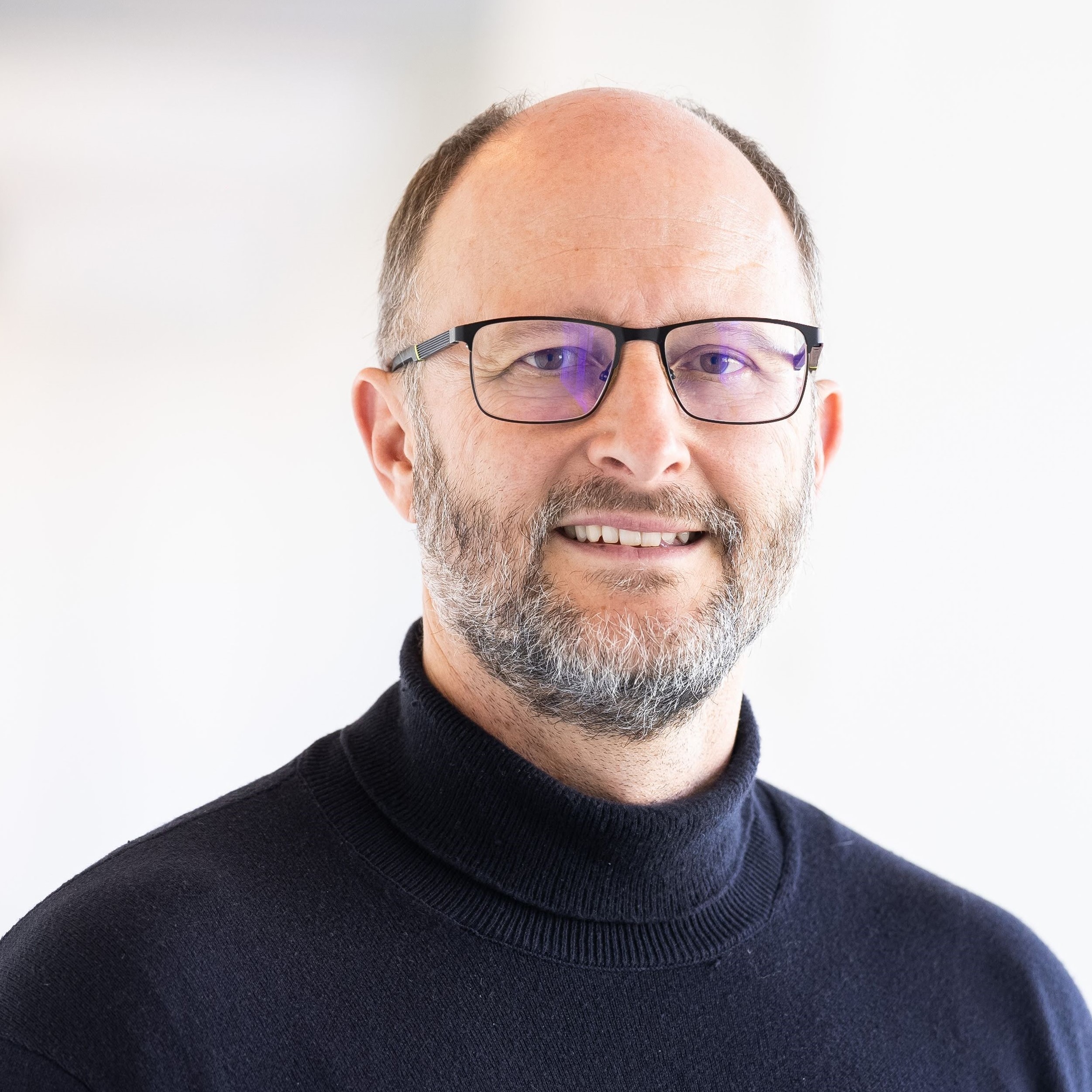
A researcher focused on the social factors, including the urban environment and climate change, that determine population health. He has led projects in the USA, Spain and Europe.
He has a special interest in knowledge transfer and has collaborated with numerous international and national media.
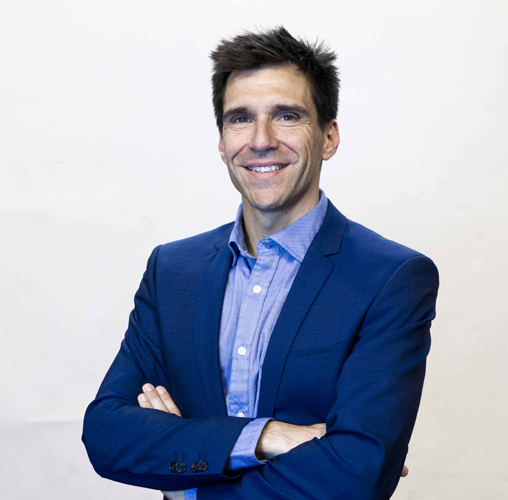
He is a digital optimist obsessed with improving people’s lives through words. He is a biologist and philologist by training. But since his vocation for research went awry while he was doing his doctorate in Buenos Aires with B chromosomes, he has always worked as a science journalist.
Until 2023, he headed the Health Area of Unidad Editorial, which includes headers such as El Mundo, Diario Médico, Cuídate plus and Correo Farmacéutico. He is now Director of Communications at Farmaindustria España.
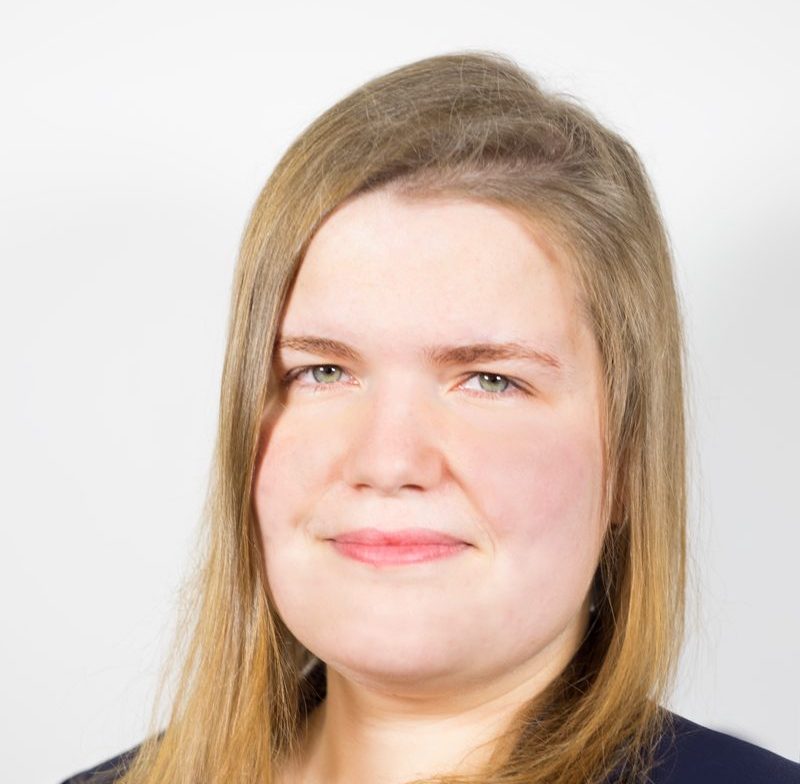
Director for European Affairs and the Brussels Office at Adigital, the Spanish Association for the Digital Economy, where she works to strengthen a Spanish digital country agenda in the European Union. She is also Associate Research Fellow at the think tanks Elcano Royal Institute, where she coordinated for almost four years the Working Group on Technological Transformations, and at the Center for European Policy Studies (CEPS) in Brussels. She is a member of the Advisory Board of CDTI (2024-2027), part of the Ministry of Science, Innovation and Universities, in an independent and unpaid capacity, and is member of the Network "Los 100" at COTEC Foundation.
She has worked as Project Lead in a services contract with DG CONNECT (European Commission) and the European External Action Service to position the EU in international Internet governance forums. She has also worked with a technical assistance in the elaboration of the National Strategy for Technology and Global Order in the Ministry of Foreign Affairs at the Government of Spain. She has also developed digital public policy projects at the Berkman Klein Center for Internet & Society at Harvard University, and at a UK consultancy firm with foresight and data evaluation methodologies for governments and international institutions. She has been an independent expert for the European Commission, for project evaluation at the Inter-American Development Bank, as well as for the World Bank for the “Business Ready 2025” report.
As a Fulbright Scholar granted by the U.S. Department of State, she holds a Master's degree in Security Policy, with a specialization in science and technology policy, from the Elliott School of International Affairs at George Washington University (Washington, DC). She also holds a Master's degree in International Relations from the Universidad Autónoma de Madrid, and a double degree in Sociology and Political Science and Public Administration from the University of Valencia (Spain) and Université Paris X (Paris, France). She is a member of the Younger Generation Leaders Network of the European Leadership Network, and of the “35 Under 35” list by Santander Bank-CIDOB.
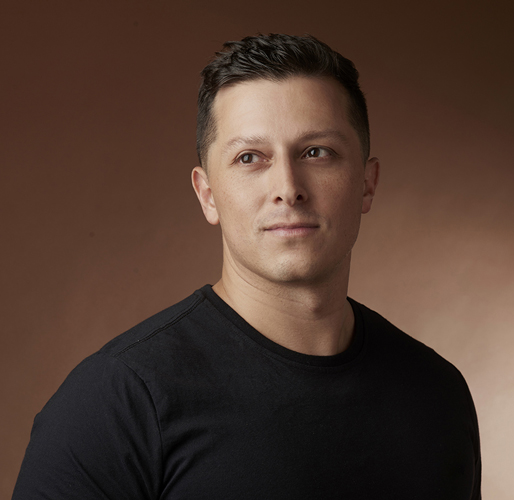
Freelance science journalist. He specialised in the history of science at Harvard University and MIT. In 2015-16 he was a Knight Science Journalism Fellow at MIT. He is a board member of the World Federation of Science Journalists. He writes about science, culture and technology in media such as Agencia SINC (Spain), La Nación (Argentina), Le Monde Diplomatique, elDiarioAr (Argentina), Tec Review (Mexico), among other publications. He was science editor of the newspapers Página/12, Crítica de la Argentina and Muy Interesante Argentina, as well as sub-editor of the magazine Ñ (Clarín).
He is the author of the books Odorama: historia cultural del olor (Taurus), El baño no fue siempre así (Iamiqué), Todo lo que necesitás saber sobre ciencia (Paidós), Dinosaurios del fin del mundo (Penguin Random House). He is an instructor of science and health journalism courses at the Knight Center of the University of Texas (USA) and a member of the Argentine Network of Science Journalism.
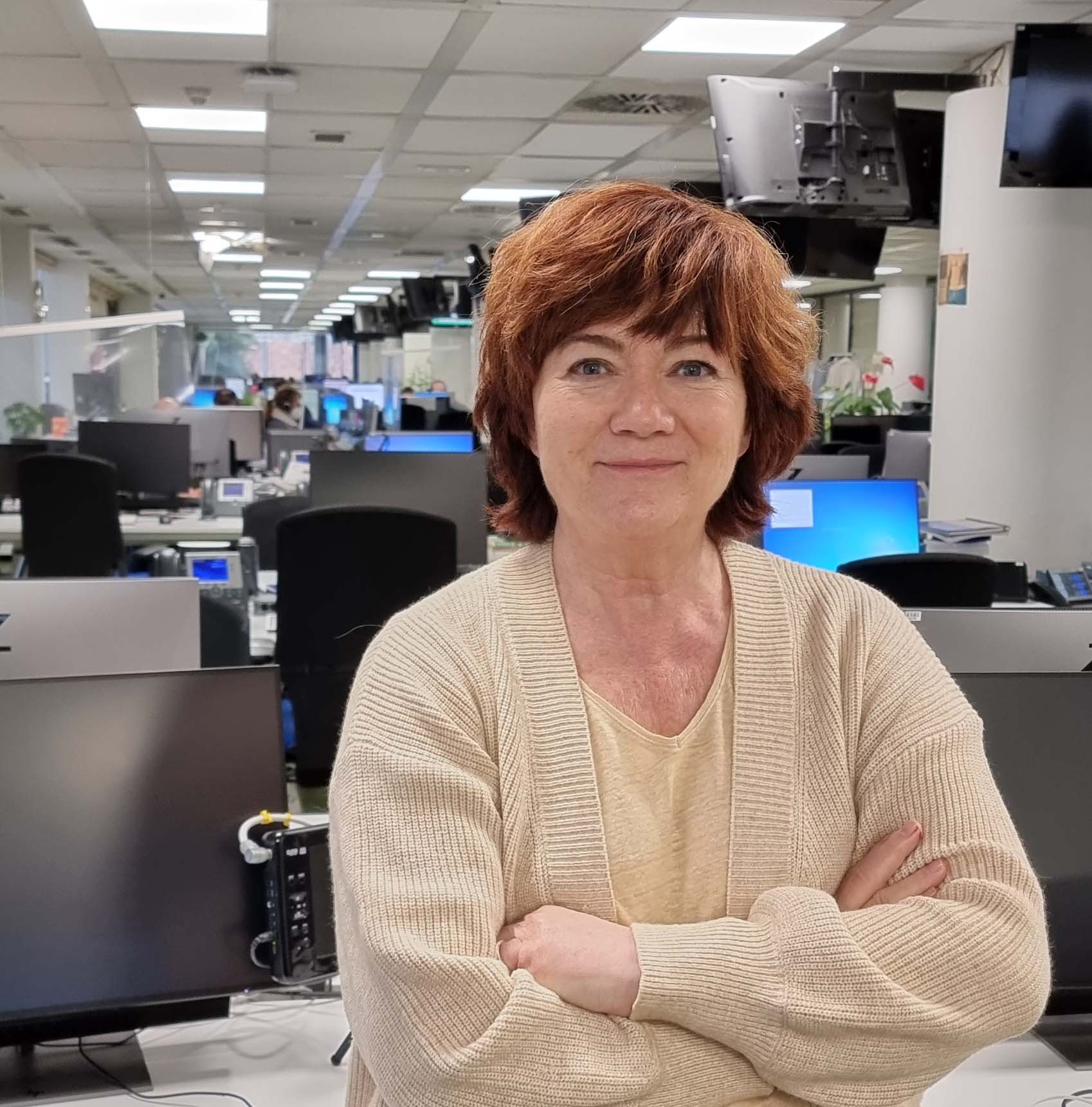
A journalist with a degree from the Faculty of Information Sciences at the Complutense University of Madrid. Editor at Informativos Telecinco (Mediaset España), specialising in science, health and equality issues.
She is a member of the National Association of Health Informers, ANIS, of which she is vice-president. She has worked in various media and collaborated in newspapers such as El País and Muy Interesante magazine.
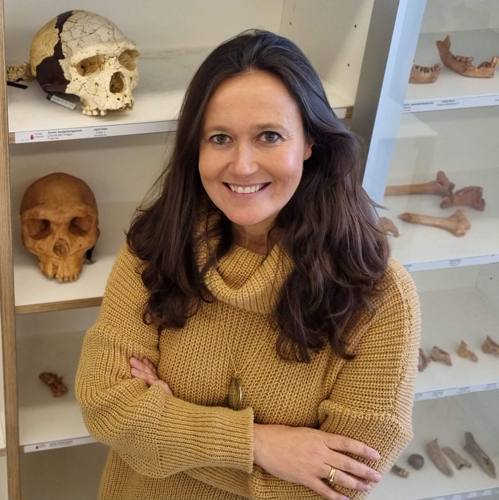
European PhD in Medicine and Surgery specialising in Human Evolution from the University of Bristol and in Forensic Anthropology from the Complutense University of Madrid. She is currently the director of the National Centre for Research on Human Evolution (CENIEH) and honorary professor in the Department of Anthropology at University College London. She has been a member of the Atapuerca Research Team since 1998 and co-principal investigator of the Atapuerca Project since 2019.
She is the author of numerous scientific publications and her works are in the Top 1% of the most cited internationally in her field according to the Thomson Reuters agency. She has given around a hundred lectures at institutions around the world and in 2019 she became the first Spaniard to receive the Rivers Memorial Medal from the Royal Anthropological Institute of Great Britain and Ireland (RAI).
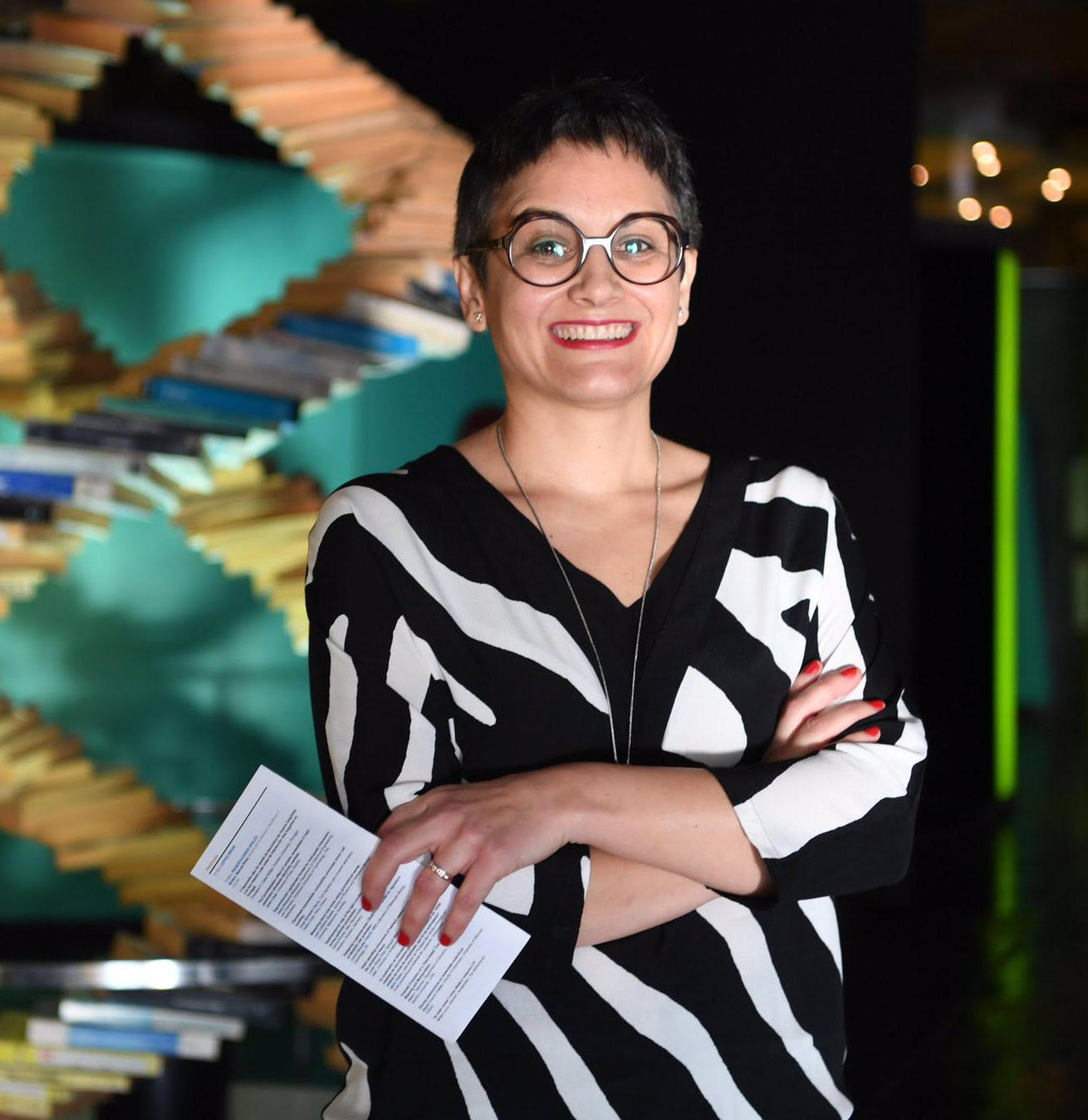
Degree in Pharmacy from the USC. She did her PhD thesis at CIB-Margarita Salas (CSIC) and made two postdoctoral stays at Imperial College London and MRC London Institute of Medical Sciences before joining INIBIC, where she has led the CellCOM research group formed by 20 professionals between 2014 and 2023. In December 2023 he moved to CINBIO, where he continues to lead his research lines.
His group is focused on the study of mechanisms involved in the progression of age-associated degenerative diseases and in metastasis and resistance to treatment in cancer. He has published more than 25 research articles and registered seven patents.
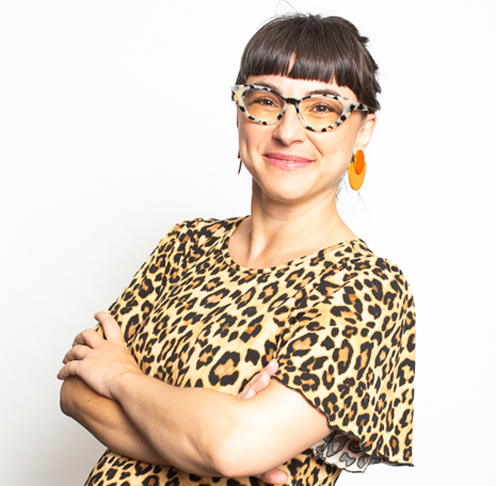
Dr. Alicia Perez-Porro is a marine biologist, environmental activist, and mother of two. She bridges environmental science, diplomacy, and policy to drive a more sustainable future for all.
Dr. Perez-Porro is the Head of Policy Engagement and Institutional Relations at CREAF—a public scientific research institute near Barcelona, Spain, dedicated to understanding and addressing global environmental challenges. As a member of the executive board, she leads science diplomacy and science-for-policy strategies. She also serves on the Board of Trustees of the International Institute for Environment and Development (IIED) and the Supervisory Board of IIED-Europe. In 2023, she was selected by the European Commission as an expert for the EU Science Diplomacy Working Groups, contributing to the development of a future European framework for science diplomacy.
Dr. Perez-Porro holds an MSc and a PhD in Biodiversity from the University of Barcelona, where she conducted her doctoral research at Harvard University as a five-year visiting scholar. She also earned an MA in International Relations and Diplomacy from Fletcher School at Tufts University (GMAP’21).
A passionate advocate for gender equality in climate action, she was awarded the Spanish Red Cross Gold Medal in 2018 for her work. She served as President of the Association of Spanish Scientists in the USA (ECUSA) and President of the Network of Spanish Researchers Abroad (RAICEX) from 2019 to 2021. Additionally, she was a 2019 Aspen Ideas Festival Scholar and a 2018 92Y Women inPower Fellow.
Beyond her scientific and policy work, Dr. Perez-Porro is also an author. In 2020, she co-authored the children's book The Secret Life of Viruses, which has been translated into 14 languages and has sold over 50,000 copies.
She finds joy by the ocean, dancing like no one is watching, and indulging in a slice of lemon cake (Twitter/Instagram: @aliciaprzporro).
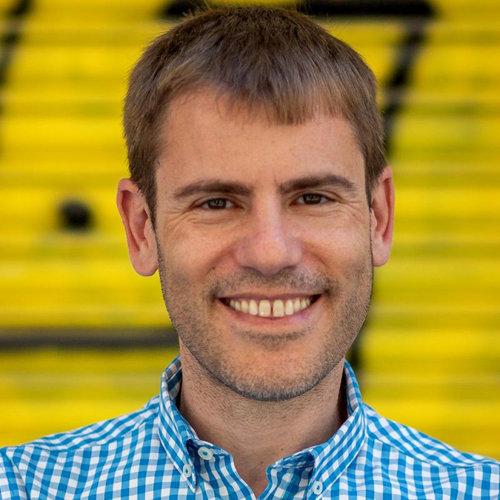
He has been a correspondent for El Mundo in London, New York and Brussels and is co-founder of Politibot and El Español. He has written about media for El País, the Washington Post and Nieman Reports.
In 2019 he was selected as a Journalist Fellow at the Reuters Institute, where he studied the rise of digital subscriptions. Since September of that year he has been responsible for the editorial strategy of the Institute, which publishes reports and features on the future of journalism around the world.
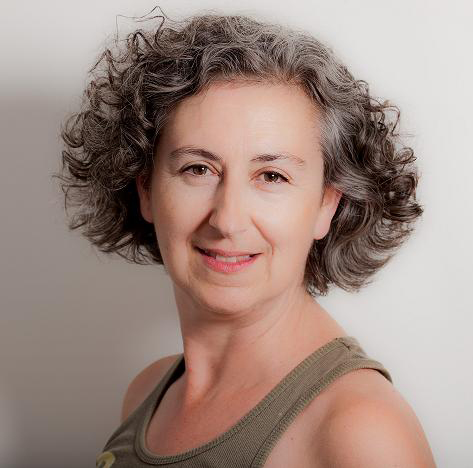
Science journalist. She has worked in newspapers and magazines, radio and television. In recent years she has worked mainly in science communication as director of communication for the Association of Women Researchers and Technologists and other scientific research institutions.
She has also popularised science, written books and created and directed science popularisation exhibitions. In addition, she has organised seminars, conference cycles and courses related to science communication.
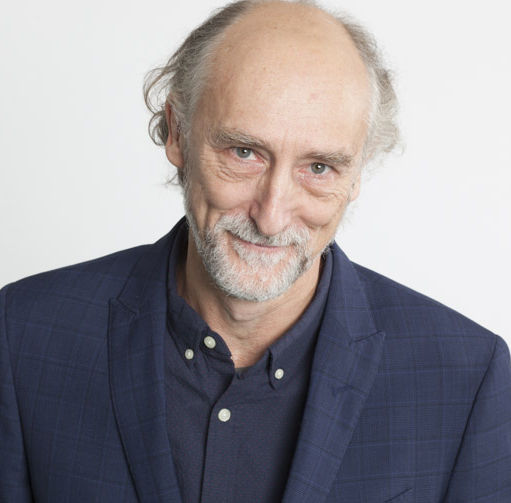
Director of the Spanish ELIXIR node. He is a member of the EMBO (European Molecular Biology Organization) and was president of the ISCB (International Society for Computational Biology). He has been a member of several scientific committees, including the IMI (Institute for Interdisciplinary Mathematics), the EMBL (European Molecular Biology Laboratory) and the SIB (Swiss Bioinformatics Institute), among others.
He is co-executive editor of the journal Bioinformatics. He has published more than 450 articles and has an h-index of 97 (Scopus).
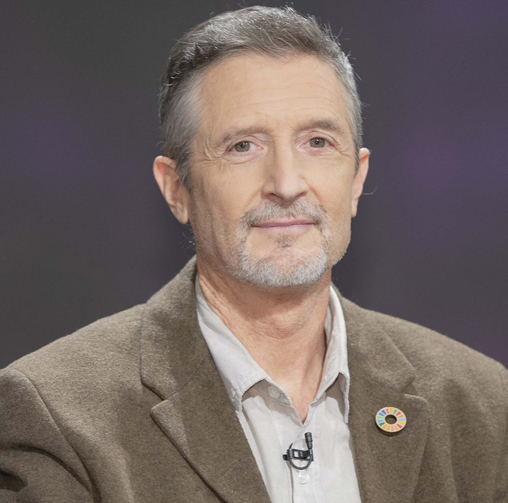
He is a highly cited scientist, with numerous research projects on the role of biodiversity and the impacts of climate change and human activity on ecosystems. In 2021 he received the Jaume I Award in the category of Environmental Protection and the BBVA Foundation Environmental Communication Award.
His concern for the environmental crisis has led him to actively disseminate information about the environmental crisis in various media and on his channel La Salud de la Humanidad on social networks. His website: www.valladares.info.
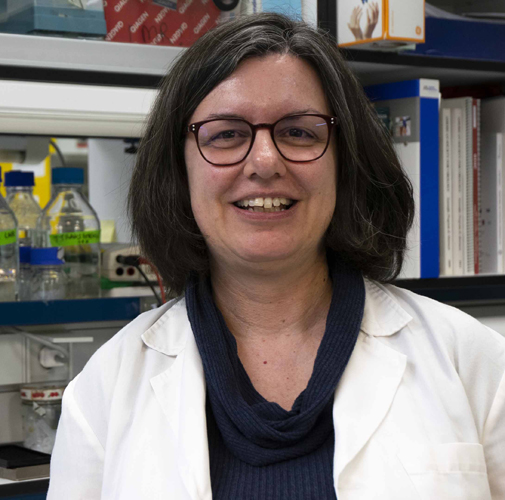
She studies the molecular basis of coronavirus pathogenesis for the development of new antiviral strategies, including vaccines and the identification of therapeutic targets.
She is a member of the Spanish and European Societies of Virology (SEV and ESV), co-coordinator of the vaccine sub-thematic of the PTI-Global Health of the CSIC, and belongs to the editorial board of several microbiology and virology journals. She regularly collaborates in teaching and dissemination activities.